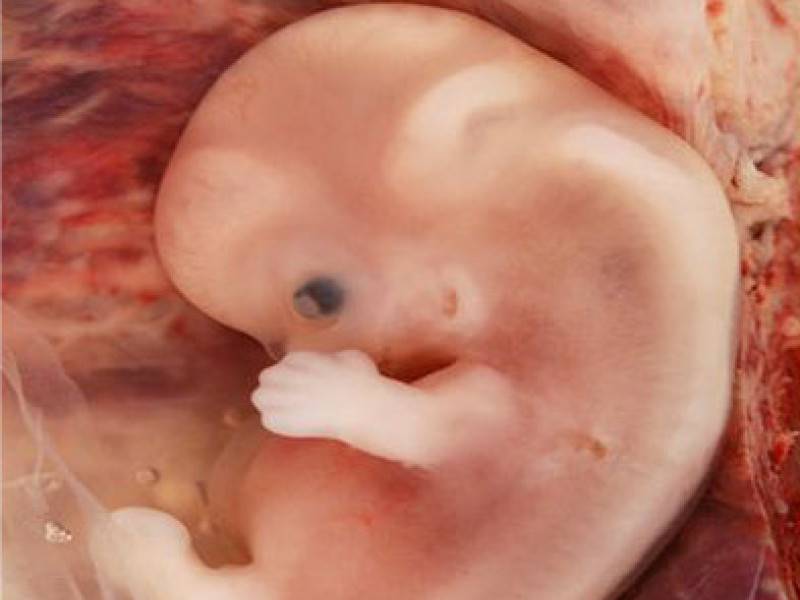Baby development is a fascinating and critical process. It’s important for parents to understand the milestones their baby will reach. These milestones include physical, cognitive, emotional, and social development. Each stage plays an essential role in your baby’s growth.
In the early months, babies start by learning to control their movements. Initially, they will respond to stimuli, like light and sound. At around two to three months, babies can begin holding their head up and making eye contact. They will also start smiling and cooing, which is their first form of communication.
By the time babies are six months old, they begin to develop more advanced motor skills. They may start rolling over and even sitting up with support. Parents should encourage this stage by providing safe spaces for babies to practice these movements. Tummy time is a great exercise for strengthening their neck and upper body muscles.
Around the age of one, babies start to develop social skills. They will begin to understand simple words and respond to their name. Encouraging talking and reading aloud to babies will help improve their communication skills. Simple games like peekaboo or clapping hands can also help foster emotional and social development.
Cognitive development is another key aspect of baby growth. From birth, babies start learning through sensory experiences. They explore their surroundings by touching, tasting, and seeing. Parents should engage with their babies by offering different textures, toys, and objects that stimulate their senses.
By the time babies are toddlers, they begin to engage more in problem-solving and imaginative play. They might try to stack blocks or engage with toys that require their coordination. It’s important for parents to provide opportunities for these types of play to promote cognitive development.
Nutrition plays a crucial role in baby development. A balanced diet supports healthy growth, brain development, and energy levels. Parents should follow recommendations for breastfeeding or formula feeding during the early months. When introducing solid foods, focus on offering a variety of fruits, vegetables, and proteins to ensure a well-rounded diet.
Sleep is equally important in a baby’s development. Babies need plenty of sleep to support their growth and brain function. Newborns typically sleep for 16 to 18 hours a day. As they get older, their sleep patterns will change, but it’s essential to establish a healthy sleep routine early on.
Finally, emotional bonding is one of the most significant aspects of baby development. Parents should respond to their baby’s cries, provide comfort, and offer affection. Building a strong emotional connection with your baby helps them feel secure and loved, which impacts their overall development.
In conclusion, understanding baby development is key to supporting your child’s growth and well-being. By focusing on milestones, providing appropriate stimulation, and ensuring a nurturing environment, parents can help their babies thrive. Every child develops at their own pace, so be patient and enjoy the journey.




